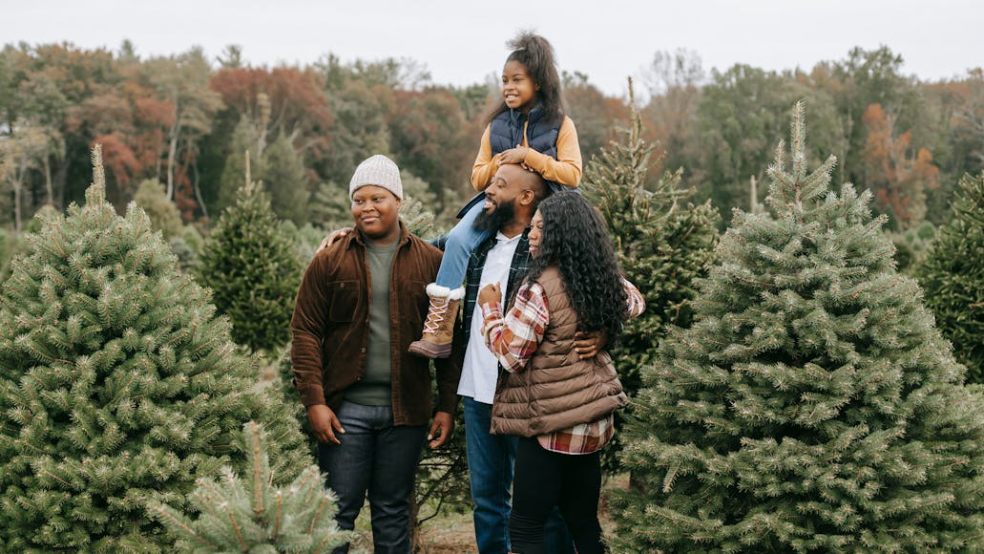
The Importance of Passing Down Traditions and Keeping Family Customs Alive
Traditions and customs that have been passed down for generations are an integral part of family life. They provide a special opportunity for parents and caretakers to build strong bonds, instil values, and create cherished memories with children that will last a lifetime. Keeping family traditions alive also connects younger generations to their roots and gives family members a sense of belonging, identity, and community. This article explores the many benefits of upholding traditions and customs, and why prioritising these meaningful rituals is so important for creating enriched family experiences across generations.
Traditions Connect Us to Our Roots
Traditions and customs that have been passed down through generations serve as an important link connecting us to our family history and cultural roots. Engaging in traditions together gives family members a sense of belonging, identity, and community. It provides an opportunity to share stories about relatives of the past and educate younger generations about where they came from. Traditions also allow families to celebrate shared beliefs and values that have been cherished over time. Whether it’s gathering for holiday meals, engaging in religious rituals, or even just regularly playing board games together, these customs form a bond between all family members, promoting a feeling of togetherness.
Traditions Build Strong Bonds
Partaking in traditions and customs together promotes relationship building between family members. It provides dedicated time for loved ones to interact in a meaningful way. The anticipation and excitement around tradition brings joy and unites the family. For example, decorating the Christmas tree while singing carols will likely become a cherished childhood memory. Traditions also serve as an opportunity for different generations to work together. A grandparent can pass down a recipe while cooking with a grandchild. These shared activities form strong intergenerational bonds. The positive interactions and memories created will last a lifetime.
Traditions Teach Values
Keeping traditions alive allows parents and caretakers to instil important values in children by setting a good example. Participating in cultural and religious rituals exposes kids to belief systems at the core of a family’s identity. Watching parents fast during Ramadan teaches children dedication and self-control. Immersing kids in traditions shows them firsthand what principles matter most to their loved ones.
Customs Provide Comfort and Stability
Familiar traditions and rituals give both children and adults a sense of comfort and stability even during difficult times. No matter what happens in life, traditions remain constant and reliable. The repetitive nature of customs creates a predictable structure that makes life feel more secure. If a major change occurs, like a move or death in the family, upholding certain rituals can provide continuity. The familiarity helps cope with transitions and grief. Even a simple “movie night” or “taco Tuesday” tradition can provide regular quality time together, giving kids a calming sense of normalcy. For families fostering with Active Care Solutions, making an effort to include foster children in usual family traditions and customs helps them feel accepted and like they belong.
Traditions Enrich Lives Across Generations
It can be tempting to let meaningful traditions fall by the wayside. However, these customs provide generational links, strengthen bonds, teach values and promote stability that enrich our family lives. Whether long-standing rituals or new traditions, these shared experiences shape family identity and create cherished memories.













